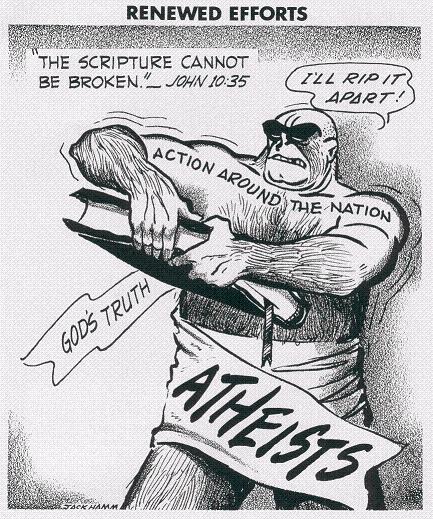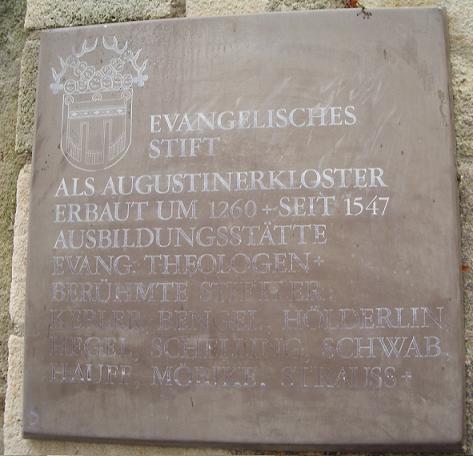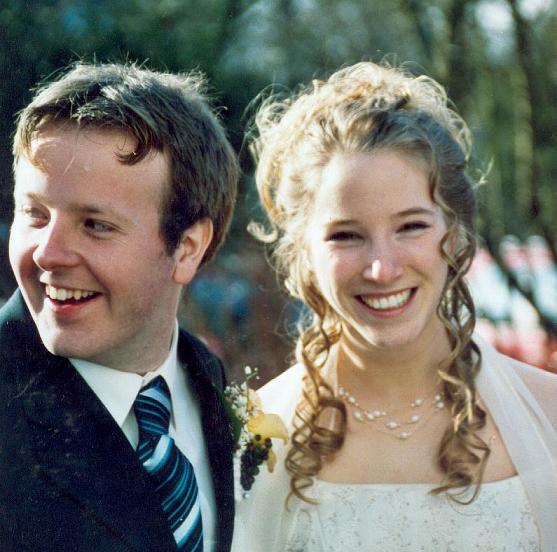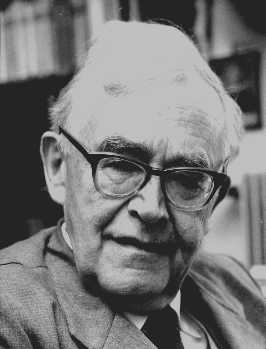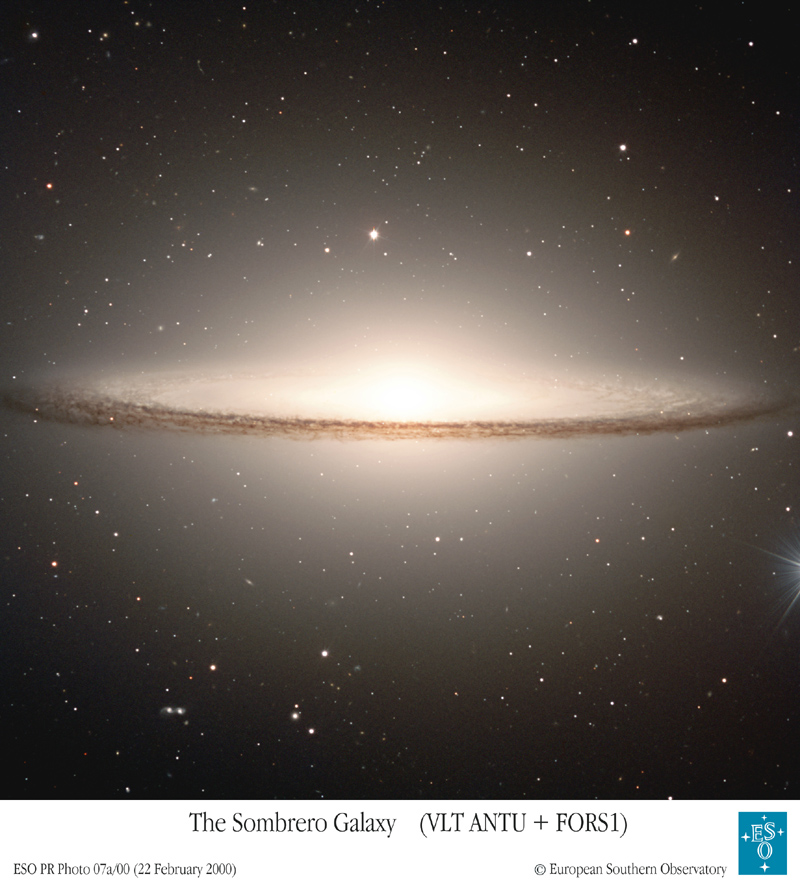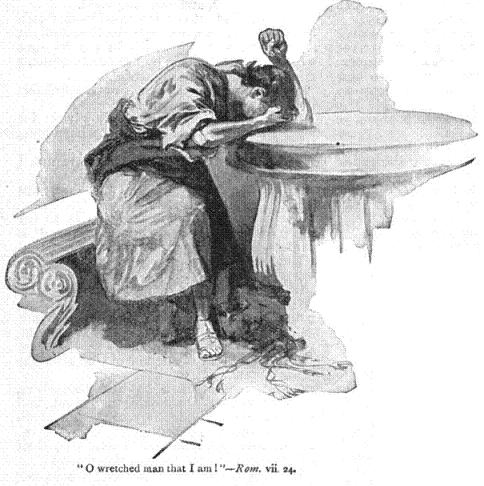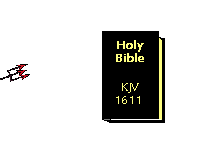The Character of Theology - a short review
 I recently finished Franke’s, The Character of Theology: An Introduction to its Nature, Task and Purpose. At times it was rather dry and ungrounded in the reality and bustle of church life, but this is merely the flip side of the coin when the aim is to write something short and accessible. However, I found it to be a very agreeable read, and I’d highly recommend it.
I recently finished Franke’s, The Character of Theology: An Introduction to its Nature, Task and Purpose. At times it was rather dry and ungrounded in the reality and bustle of church life, but this is merely the flip side of the coin when the aim is to write something short and accessible. However, I found it to be a very agreeable read, and I’d highly recommend it.As I read through it I initially felt it would function as a great prolegomena to a more substantial and thoroughly worked out ‘systematics’. However, in retrospect I guess that would be to miss one of the points he was making, i.e. that theology by necessity invades all prolegomena and questions of methodology, and should therefore not be seen as an abstract section on methodology done before the theologising begins (a point that didn’t dawn on me until I started Vanhoozer’s The Drama of Doctrine!)
His section on the Trinity as the subject matter of theology was worship inspiring, while the chapter on the contextual nature of theology helped me to better understand his critique of foundationalism - and indeed was important given that his introductory comments in chapter 1 would have left him open to a broadside from Carson’s arguments (against post-foundationalism) in his recent work Becoming Conversant with the Emerging Church. As good as this chapter was, however, the section on Origen was too long. The last chapter, on the purpose of theology, was a good read, and his comments on church unity very helpful. Actually, the last two chapters were by far the best – I felt he was starting to face the gritty issues head on. If you start the book and get a little bored, then, let me recommend you keep going as it will get more lively!
I’ll let him summarise the main arguments (you'll need to read it slowley!):
“Christian theology is an ongoing, second-order, contextual discipline [i.e. the nature of theology] that engages in the task of critical and constructive reflection on the beliefs and practices of the Christian church [i.e. the task of theology] for the purpose of assisting the community of Christ’s followers in their missional vocation to live as the people of God in the particular social-historical context in which they are situated [i.e. the purpose].” (p. 44)Add to this his introductory contextualising chapter, and then his lovely section on the subject of theology (the Triune God), and you have an outline of the book.
In sum, it was a very helpful and enjoyable book, and I will no doubt return to it again, but I cannot help thinking that he sometimes didn’t come clean with his own perspectives on matters as thoroughly and straightforwardly as I, at least, would have liked.
8.3342 out of 10.
Labels: Book Review

